
OR
Why Nepali TV operators should ban false and divisive content
Published On: July 15, 2020 07:50 PM NPT By: Dhruba Sharma
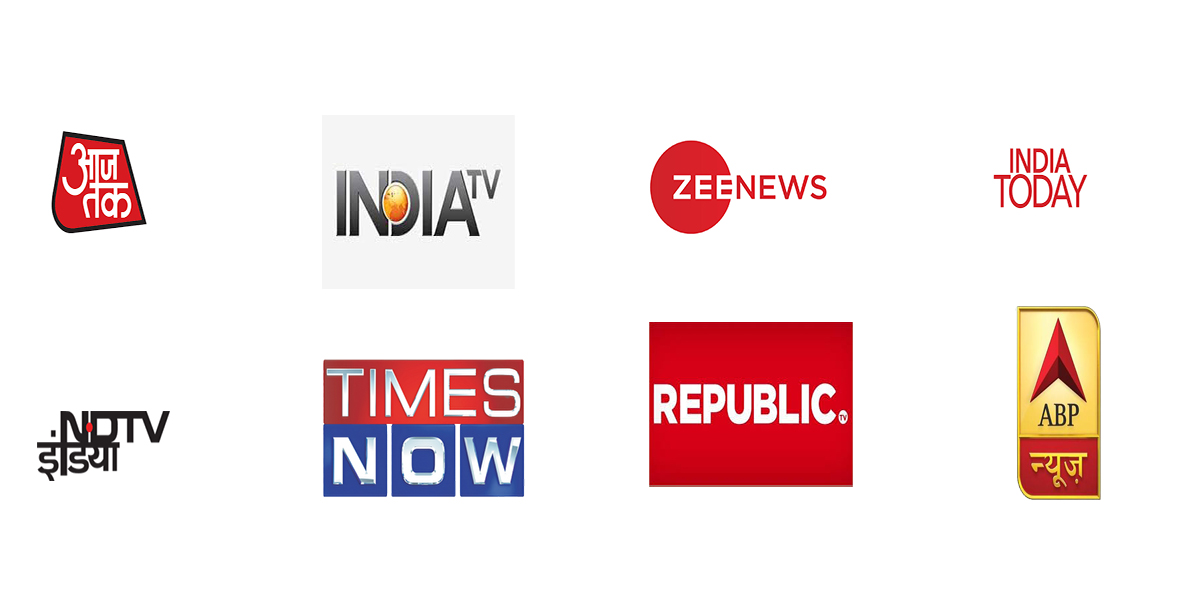
Stopping the spread of hate is the best defense of democracy. When the law is so crystal clear, why are we being faulted for respecting the law and not becoming collaborators with the law breakers?
Following the decision of Nepali cable service providers to stop airing some Indian news channels in Nepal last week, a leading newspaper ran a report decrying the unofficial ban on private Indian news channels. The free speech advocates were saying ‘content’ must be left to ‘viewers' discretion’.
Going by what’s happening on the internet, one form of viewer discretion seems to be total indiscretion. All forms of porn are shamelessly ingested, discreetly. Whatever is allowed in terms of content on internet is unthinkable on TV. So what type of ‘viewer discretion’ is being advised here in the context of Indian news content?
Another argument of free speech advocates was if that content is acceptable on internet and viewable on a whole variety of devices including TVs, why can it not be broadcast on TV? Really? Let's widen the debate by opening our minds instead of taking positions based on an incomplete analysis.
Propriety and content policy is already covered by law. Isn’t that a good enough framework? Besides, we, the cable operators, had consulted representatives of cross section of our viewers before we took that decision.
Free speech and hate
Let's assume that the critics are right. But what happens to free speech when it is about blatant allegations? It was an intentional hurt to our freedom and sovereignty when our PM was shown as being in an amorous dalliance and dancing to another nation’s tunes. Thankfully, our media has yet not stooped to making analogies below the belt.
Natural justice applies to journalism as well. When anyone wants to make an allegation, the other side must have an equal opportunity to reply. Argument must be answered with a better argument, and reason is repelled with a more compelling reason. But there has to be an opportunity given to the person against whom the allegation is made. If that is not done, then it's propaganda, not journalism.
Did the Indian news channel in question seek reply from our Prime Minister’s office and the ambassador? If not, then that news is no longer news. Why should we allow anyone to run their hate and propaganda here? She is our guest in this country and we have a culture of treating our guests as god. Do we really want to degenerate and accept our guests getting abused? Is that the new normal?
Some experts have argued that access to media is a fundamental right. But spreading character assassination is not our fundamental duty either. In fact, it is a part of a vicious hate and disinformation campaign to malign political enemies—the same hate that is destroying the world today through fanaticism.
Stopping the spread of hate is the best defense of democracy. Article 9 of National Broadcasting Rules of Nepal bars broadcasting content that “jeopardizes the decency, morality and social harmony" that "undermines the sovereignty and integrity of Nepal" and undermines "reputation, honor or prestige of a person by pointing out the name of that person.” Surprisingly, when the law is so crystal clear, why are we being faulted for respecting the law and not becoming collaborators with the law breakers? What kind of twisted logic is this?
We have been accused of “moral policing”. The learned experts seem to think immorality is alright and it is wrong to stop it. The truth is we are only complying with the law of the land. And ignorance of the law is never an excuse.
When insulting Nepal and Nepalis becomes a regular feature of certain channels should we care about political, regulatory and social repercussions and possibly violence as a result of such baseless, inflammatory content? When the content breaks our laws, should we allow ourselves to become a party to law breaking? If that is ‘moral policing’, then everyone needs to do it.
Let us not forget that a dignified lady, the ambassador of Nepal's close neighbor, was being insulted. Is she not entitled to be given the basic right to human dignity? The lady has shown a magnificent restraint and kept a stoic silence, but where has our sense of propriety gone? Today it is the Chinese ambassador, tomorrow it could be any other woman.
Every human, especially a woman—who is a daughter, a sister, a wife, a mother—needs to be shown respect. We have a shared Vedic heritage with India, but we are not prepared to fall so low. Women deserve respect. Reasoned political bashing is OK but sexist bashing is not. Nepal has a host of gender issues and our media is doing a fairly great job of shining the light on our warts. But to link a PM in his seventh decade of life with a foreign dignitary? Please spare this lurid imagination.
The primary point raised by some objectors was that when our law equips the regulators to act against errant broadcasters why did “non-state actors” step in? Mind you, the phrase “non-state actors” is a very loaded one and is often used to describe terrorists who carry out wanton destructive acts and mass murder on behalf of rogue governments. If that was the imagery they sought to create, where is the element of ‘terror’ in our actions?
On the contrary, why did our experts never question the “non-state actors” from outside blatantly spreading lies here? Had our experts done that, then they would have earned the moral right to question us.
Curtailing hate
Freedom of speech and expression is not an unfettered right. It is subject to reasonable restrictions everywhere. We will not become willing abettors in their criminal acts on Nepali soil. Or do our critics provide us a remedy by which we will be wholly indemnified from the consequences of their (the Indian news channels') wanton acts?
Character is an attribute that makes a big difference, at least to us and we intend to keep it. That makes Nepalis the most sought after soldiers for several armies in the world. Our nation has a culture of civility in public discourse. So do not spread propaganda here in the name of journalism.
Type-casting, vulgar reporting and caricaturing is racism. So, the operators here decided to shed the ostrich-like approach in the larger interest of social harmony. To us, the media in Nepal does look far more independent and upright in their conduct than elsewhere. It would be better to amplify Nepal’s voice to global platforms through them rather than let noise come in from outside dressed as news.
The headline of the report mentioned in the first paragraph of this article terms the operators as acting out on a ‘whim.’ That is only because our mainstream media said nothing even as we suffered months of Nepal-bashing at the hands of hysterical news anchors. Where were you? Our folks were already protesting in the open.
Some people let their talking sound like work. We only let our work do the talking. It was our tolerance and quiet tackling that prevented the situation from taking an uglier turn.
So, my countrymen, let us not allow hate to come in from anywhere. The mightiest of nations crumble under its onslaught. Neither money, nor technology is a replacement for the vital human attribute of compassion. If we have to fight and argue, let's slug it out internally and figure out what kind of a nation we want to become. But let's call out hate and propaganda by its rightful name please.
The author is vice-chairman of Mega Max Digital TV Pvt Ltd
You May Like This
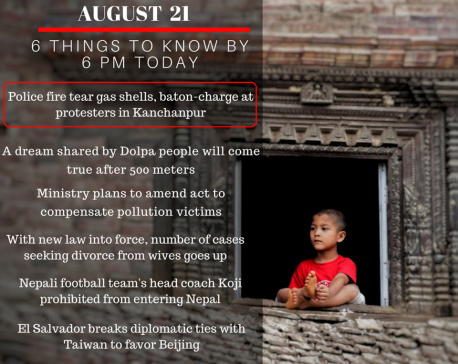
Aug 21: 6 things to know by 6 PM
Your daily dose of missed important news of the day. ... Read More...
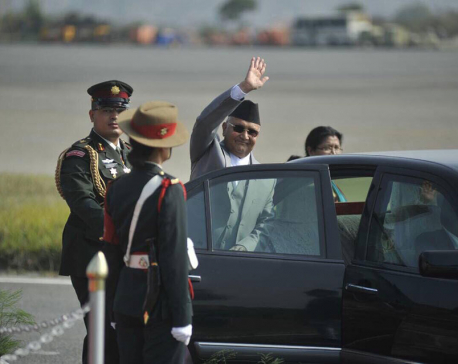
What Nepal needs is India's friendship and support for growth: Nepal PM Oli
In an exclusive interview to The Hindu, Mr. Oli says the bitterness of past relations have been put behind them,... Read More...
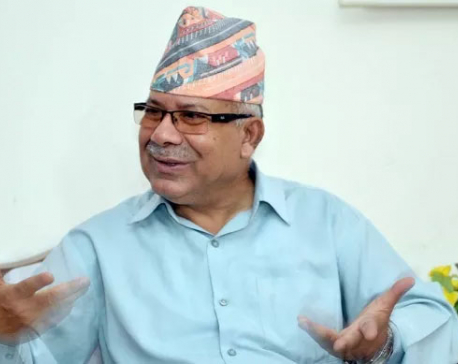
Party's name will be Nepal Communist Party after merger: Leader Nepal
KAILALI, Feb 9: CPN-UML leader Madhav Kumar Nepal said that the name of the new party after merger between CPN-UMLand... Read More...


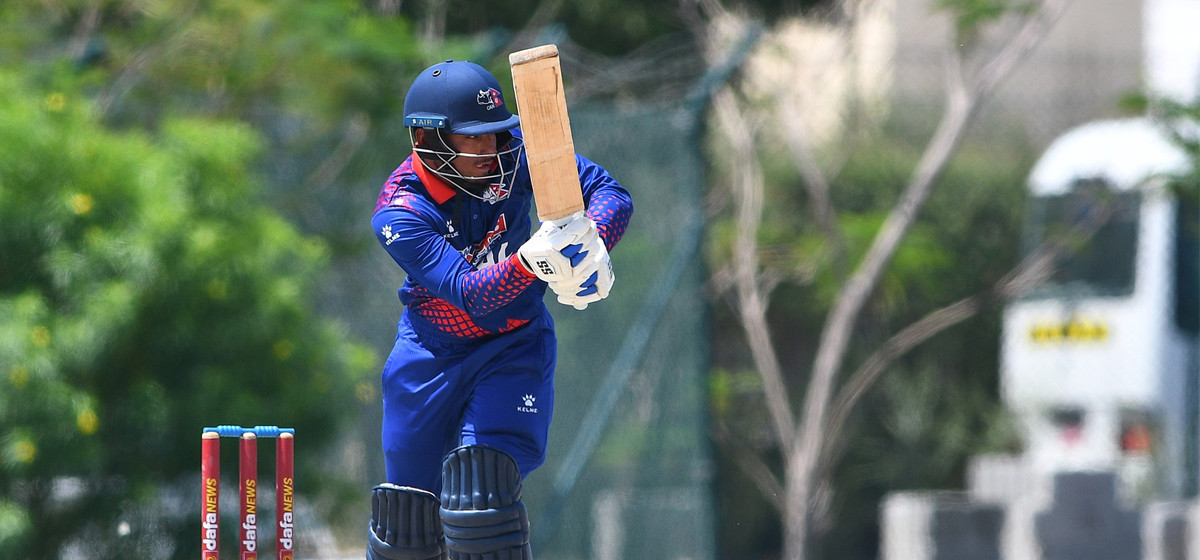
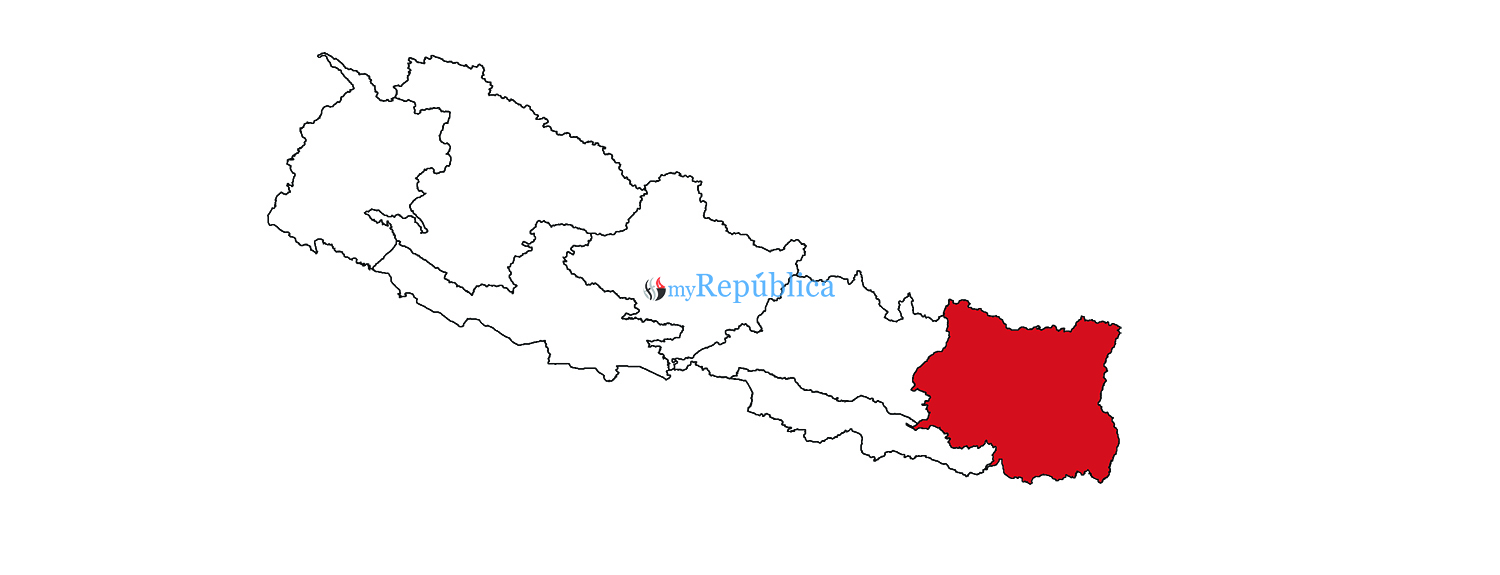
Just In
- 850 grams of gold seized from Indian national at TIA
- Rupandehi District Court orders to release Dipesh Pun on a bail of Rs 400,000
- Teachers’ union challenges Education Minister Shrestha's policy on political affiliation
- Nepal sets target of 120 runs for UAE in ACC Premier Cup
- Discussion on resolution proposed by CPN-UML and Maoist Center begins in Koshi Provincial Assembly
- RBB invites applications for CEO, applications to be submitted within 21 days
- Telephone service restored in Bhotkhola after a week
- Chemical fertilizers imported from China being transported to Kathmandu









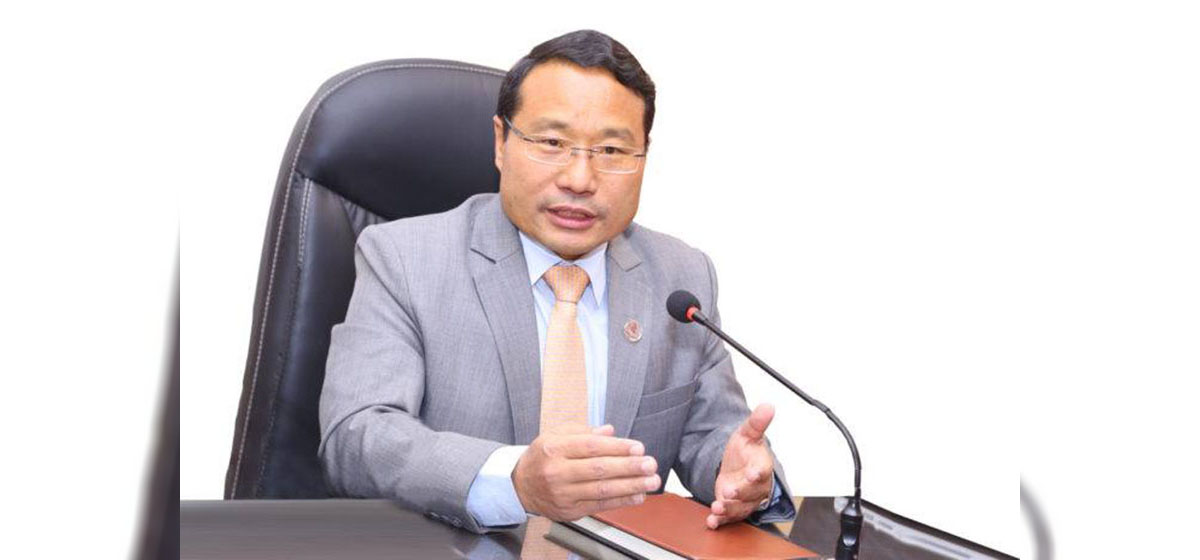



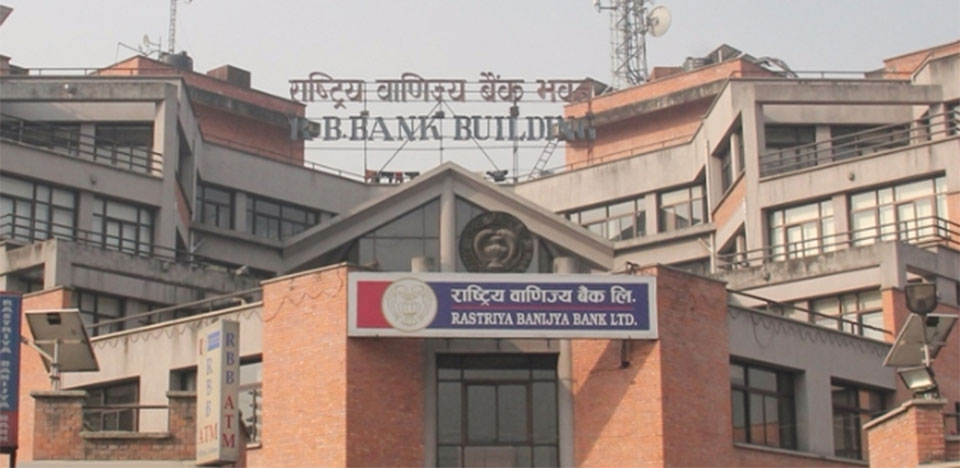


Leave A Comment